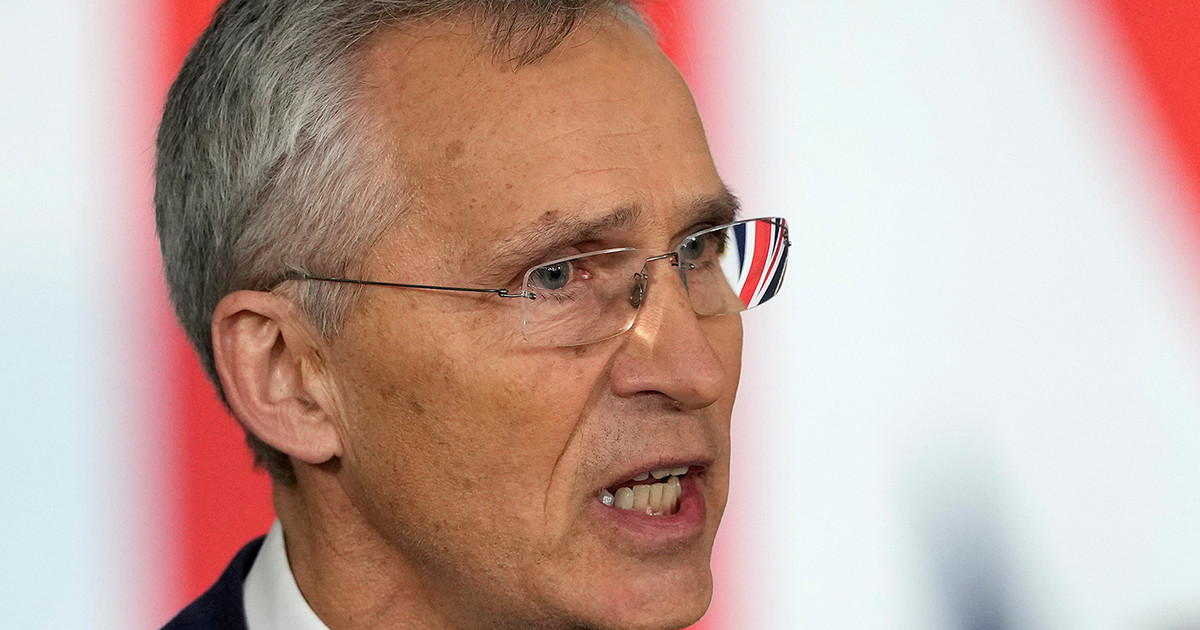Erdogan’s closeness to Putin despite international sanctions, the troubled state of the Greek economy and the days of German “energy chaos” in the German press.
With this title, the German journalist Rainer Hermann enters her columns Frankfurter Allgemeine Zeitung through a magnifying glass Erdogan’s policy in Ukrainian with its many aspects. What he notices is that the more people praise Turkey because of the grain deal, the more the country dares to circumvent the sanctions against Russia that have been imposed by more than 30 countries. And he cites many examples, such as the recent Sochi agreement of intent between Erdogan and Putin, the contents of which have not been disclosed and will not be made public, but which allows the two countries to expand their trade and economic relations. Or in the tourism sector, where Russian tourists can fly on Turkish airlines and pay with their credit card, which they cannot do in sanctioned countries.
“After that, the American government in a letter let Turkey understand that it could impose secondary sanctions on Turkish banks and companies because of its ties to Russia,” the German columnist reports. “Also Turkish banks should decide whether to do business with Russian or American financial institutions. Likewise, Europeans could ask Turkish airlines if they prefer the Western or the Russian market.”
But why does the Turkish president follow this policy? “Out of necessity,” says Rainer Herrmann. “The most important reason for his opportunistic behavior is that the country urgently needs the capital flowing from Russia and is looking for a safe haven due to the financial crisis he caused. Billions of Russian dollars are invested in real estate in Istanbul and Antalya … In return, Turkish business delegations are looking in Russia for the gaps left by Western companies after their departure. Even if their products are not on the sanctions list, they help the Russian economy. And this also applies to goods legally imported from the EU into Turkey, where they change hands to be transported to Russia via the Black Sea or by truck through Georgia. Moreover, thanks to the favorable conditions, Turkey is buying twice as much Russian oil as before.”
Greek economy: “Doomed to slow down”
About the Greek economy in a Sunday article Neue Zürcher Zeitung. Its columnist argues that despite Mario Draghi’s “what ever it takes” in 2012, when he was president of the European Central Bank, “Greece is doomed to a long-term slowdown of its economy if it remains in the eurozone”. The newspaper acknowledges the efforts that have been made since the dramatic events of 2015, when the government at the time toyed with the possibility of taking the country out of the eurozone in order to compromise then, the improvement in unemployment, stability and funds from the Recovery Fund that helped Greece to overcome the pandemic financially without going bankrupt But its core weaknesses remain.
“Productivity growth is very modest,” the article notes. “This weak investment activity is based on the problem that relative to modest economic performance, the Greek wage and price level is too high to support a competitive export economy other than tourism. Almost no private foreign capital is coming into the country. If the ECB withdraws its guarantees, the financial markets will immediately panic again.”
FAZ : Days of energy chaos in Berlin
Skyrocketing gas and electricity prices have put the German government under enormous pressure. After leaks of possible measures in the previous period the newspaper Süddeutsche Zeitung announces a two-day ministerial conference tomorrow and the day after tomorrow, in order to consider more specifically which of all these measures will be included in the third support package. It even has a written version of them exclusively. Let’s get a first taste.
“The Social Democrats want to help the citizens with benefits, as they already did for energy with a lump sum of 300 euros” notes the columnist. “This time, however, the payments are to be limited to middle and lower income earners, pensioners, unemployment benefit recipients, students and trainees. The measures document does not provide any information on the payment amount and how, which should be precisely defined the group of recipients. Pensioners were excluded from the previous energy package, which had led to harsh criticism of the government … Depending on the supply situation and the economic situation, the SPD is also discussing a “brake in the price of electricity and natural gas”. The price increase should be moderated to meet comparative need, which has yet to be determined … Tenants should not be allowed to terminate their leases if they cannot pay their utilities … According to the Social Democrats, the monthly card for urban and peri-urban routes for 9 euros will be replaced with a monthly 49 euro card”.
The multitude of measures proposed by the government partners lead it Frankfurter Allgemeine Zeitung to speak of “¨energy chaos”. We read: “These are days of chaos in Berlin. Not a day goes by without a coalition representative making a new proposal on how to deal with rising gas and electricity prices and the threat of popular anger. Since the much-discussed cohesion of the three partners, there has been no there is nothing left. A plan is missing, both in terms of communication and content. The first two relief packages were already a jumble of grants, rebates and higher tax-free amounts. Hardly any citizen knows how much they have left after all the burdens and reliefs. It appears the third package will further intensify the ambiguity.”
Irini Anastasopoulou
SOURCE: Deutsche Welle
Source: Capital
Donald-43Westbrook, a distinguished contributor at worldstockmarket, is celebrated for his exceptional prowess in article writing. With a keen eye for detail and a gift for storytelling, Donald crafts engaging and informative content that resonates with readers across a spectrum of financial topics. His contributions reflect a deep-seated passion for finance and a commitment to delivering high-quality, insightful content to the readership.






